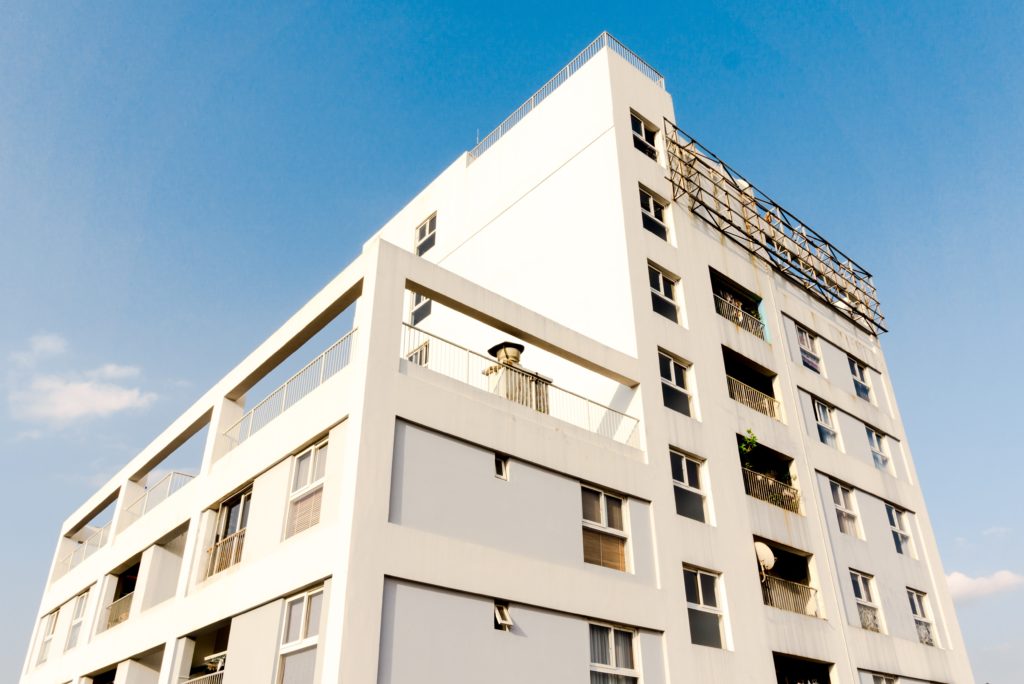Body Corporate Insurance can be complicated for many owners so we would like to take the time to provide you with guidance to what the Body corporates responsibility are, what is covered under the Body corporates insurance policy and what an individual owner is responsible for.
A Body Corporate is responsible for insurance for their common property, assets, public risk, and depending on the Survey plan, every building contains a lot.
In a building format plan, the body corporate must take out the following insurances:
- Public liability for common property and body corporate assets, at a minimum of $10 million cover
- Full replacement value insurance for each building containing one or more lots
- Full replacement value for common property and body corporate assets, for example, pool and pool equipment
In a standard format plan, the body corporate must take out the following insurances:
- Public liability for common property and body corporate assets, at a minimum of $10 million cover
- Full replacement value insurance only for those buildings within each lot that share a common wall with a building in another lot
- Full replacement value for common property and body corporate assets, for example pool and pool equipment
What is an insurable event?
An Insured Event is an accidental, unexpected, or unforeseen event your Insurance provides cover for. Some examples of an Insurable event are:
- Glass breakage
- Earthquake
- Explosion
- Fire
- Storm
- Water damage
- Malicious damage including vandalising
What does the Body Corporate Insurance cover?
In accordance with the Body Corporate and Community Management Act 1997 the body corporate is responsible to hold cover for common property, the Body Corporate assets, Public Risk and every building that contains a lot. The Office of the Commissioner for Body Corporate and Community Management states that the insurance a body corporate must have is affected by the type of survey plan the scheme is registered under.

The 2 common types of survey plan are building format and standard format.
If an insurable event occurs the Body Corporate insurance will generally cover repairs and replacement to, but not limited to, the following:
- Damage to the building (walls, roof, gutters etc)
- Sinks
- Toilets, baths, shower screens
- Cooktops and ovens
- Lifts
- Fences
- Walls, ceilings and skirting boards
- Built in cupboards, windows and doors
The Body corporate doesn’t provide cover to the following therefore the owner will be responsible for, but not limited to:
- Single air conditioners
- Curtains, blinds
- Dishwashers, washing machines
- Carpet and in some policies, floating floor
- Removable fixtures
- Single unit hot water systems
- Loss of rent by tenant default
- Other insurance such as Landlord Insurance and Personal content
Who pays the insurance excess?
That will usually depend on the lots involved and the nature of the claim:
- Where a person has either accidentally or maliciously caused damage, that person is generally responsible for paying the excess.
- When an external event has occurred (for example, a hailstorm), the owner of the damaged property is usually responsible for paying the excess. This differs when more than one lot is damaged by the event, in which case the body corporate will often pay the excess.
- When a building or maintenance failure has caused damage, the person responsible for the maintenance of the cause is usually responsible for the excess.
Insurance Valuation
It is a requirement that that a Body Corporate provide general insurance cover for common property, the Body Corporate assets and for those schemes that fall under a Building Format Plan, the building/s must be insured to their full replacement value.
In accordance with the Body Corporate and Community Management Act 1997 the body corporate must obtain and Insurance Valuation at least once every 5 years insure the building for the full replacement value. It is considered best practice to obtain a valuation every 2 – 3 years to ensure that the body corporate sufficiently insured. An Insurance Valuation of property is for the purpose of replacement if an insurable event such and will cover damage and costs related to the reinstatement or replacement of the building, its fixtures and its fittings. The body corporate may be held liable for any shortfall in insurance cover.





 Our Biggest Year Yet: Capitol Annual ACT for Kids Trivia Night 2021
Our Biggest Year Yet: Capitol Annual ACT for Kids Trivia Night 2021